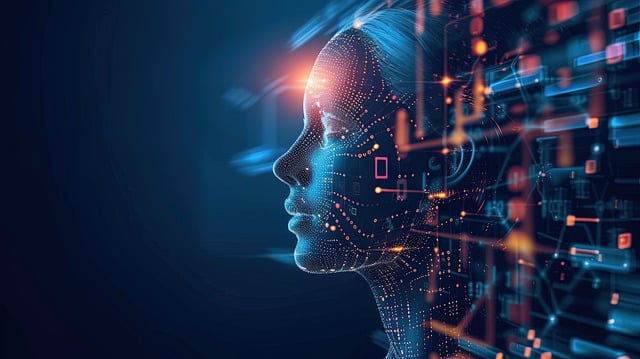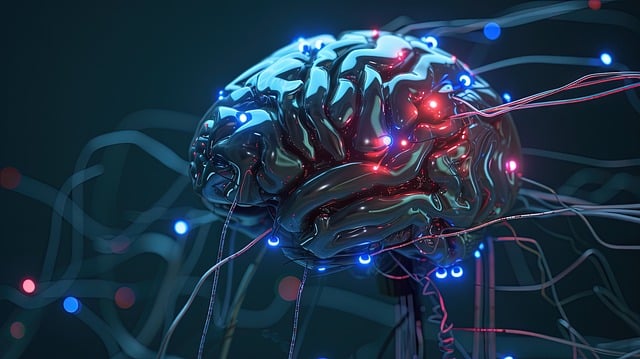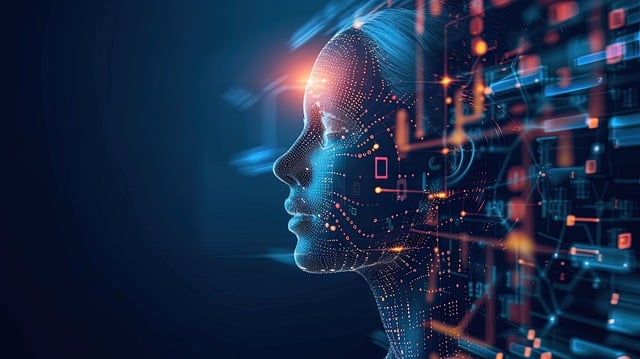Top Machine Learning Applications Transforming Industries: Machine learning is transforming industries by enabling smarter decision-making, automating processes, and driving innovation across sectors. From revolutionizing healthcare and retail to optimizing supply chains and enhancing customer experiences, the applications of machine learning are vast and ever-expanding. In this blog post, we’ll explore how machine learning is shaping modern industries, discuss real-world examples of its applications, and uncover the industries benefiting the most from this disruptive technology.
Revolutionary Machine Learning Use Cases
Healthcare: Enhancing Diagnostics and Treatment
Machine learning has revolutionized healthcare by improving diagnostics and creating personalized treatment plans. AI algorithms can analyze medical data like X-rays, MRIs, and patient histories with remarkable accuracy. For instance, machine learning models detect early signs of diseases like cancer, reducing diagnostic errors.
Additionally, predictive analytics in healthcare helps forecast patient outcomes, allowing medical professionals to intervene proactively. Drug discovery has also benefited significantly, with machine learning reducing the time and cost of developing new medicines. Chatbots and virtual health assistants further streamline patient care by answering queries and scheduling appointments.
Retail: Driving Personalized Shopping Experiences
Retail is leveraging machine learning to enhance customer experiences and optimize operations. Recommendation systems analyze customer behavior to suggest products, improving sales and satisfaction. For example, e-commerce giants like Amazon use ML to tailor user experiences by predicting preferences based on past purchases.
Inventory management in retail is another area transformed by machine learning. Predictive algorithms ensure optimal stock levels by forecasting demand trends. Additionally, ML models analyze customer feedback, helping retailers refine product offerings and boost loyalty.
Applications of Machine Learning Across Sectors
Machine learning has become a cornerstone technology in various industries, addressing complex challenges and opening up new opportunities. Its ability to process massive amounts of data, recognize patterns, and make data-driven predictions has made it indispensable across different sectors. By leveraging machine learning, industries can improve efficiency, enhance customer experiences, and innovate at an unprecedented pace.
Manufacturing: Optimizing Production Processes
Manufacturing industries are adopting machine learning to improve efficiency and reduce costs. Predictive maintenance, powered by AI, prevents equipment failures by analyzing sensor data to predict issues before they occur. This reduces downtime and enhances productivity.
Machine learning also improves quality control by automating defect detection. Vision-based AI systems inspect products with precision, identifying flaws invisible to the human eye. Furthermore, supply chain optimization uses ML to forecast demand, minimize waste, and ensure timely deliveries.
Finance: Strengthening Fraud Detection and Risk Management
In the financial sector, machine learning plays a critical role in fraud detection and risk assessment. By analyzing transaction patterns, ML models can identify unusual activities, such as unauthorized purchases or money laundering, in real-time.
Risk management also benefits, as ML algorithms evaluate credit scores, predict loan defaults, and enhance portfolio management. Chatbots powered by machine learning are revolutionizing customer service in banking by providing instant assistance and personalized financial advice.
Future of Machine Learning in Industries
The future of machine learning in industries is full of exciting possibilities. As technology continues to advance, its applications are expected to grow exponentially, revolutionizing how businesses operate and innovate. From making processes more efficient to enabling entirely new capabilities, machine learning is poised to shape the future across various sectors. Let’s delve into some specific examples where its impact is already being felt and will only increase over time.
Transportation: Enabling Smarter Logistics and Autonomous Vehicles
The transportation industry is leveraging machine learning to revolutionize logistics and enable autonomous vehicles. Predictive algorithms optimize routes for delivery services, reducing costs and improving efficiency.
Autonomous vehicles, equipped with machine learning, interpret real-time data from sensors and cameras to navigate roads safely. Companies like Tesla are at the forefront of this innovation, advancing self-driving technologies that promise safer and more efficient transportation systems.
Education: Personalizing Learning Experiences
Machine learning is transforming education by enabling personalized learning paths. Adaptive learning platforms assess students’ strengths and weaknesses, tailoring content to individual needs.
AI tutors provide instant feedback, ensuring learners stay on track. Machine learning also enhances administrative efficiency by automating tasks like grading and attendance tracking, allowing educators to focus on teaching.
Conclusion
Machine learning is undeniably transforming industries, unlocking new possibilities for growth, efficiency, and innovation. From healthcare and retail to transportation and education, its applications are reshaping how businesses operate and serve their customers. As machine learning continues to evolve, its potential to drive industrial innovation will only expand, making it an indispensable tool in the modern world.






